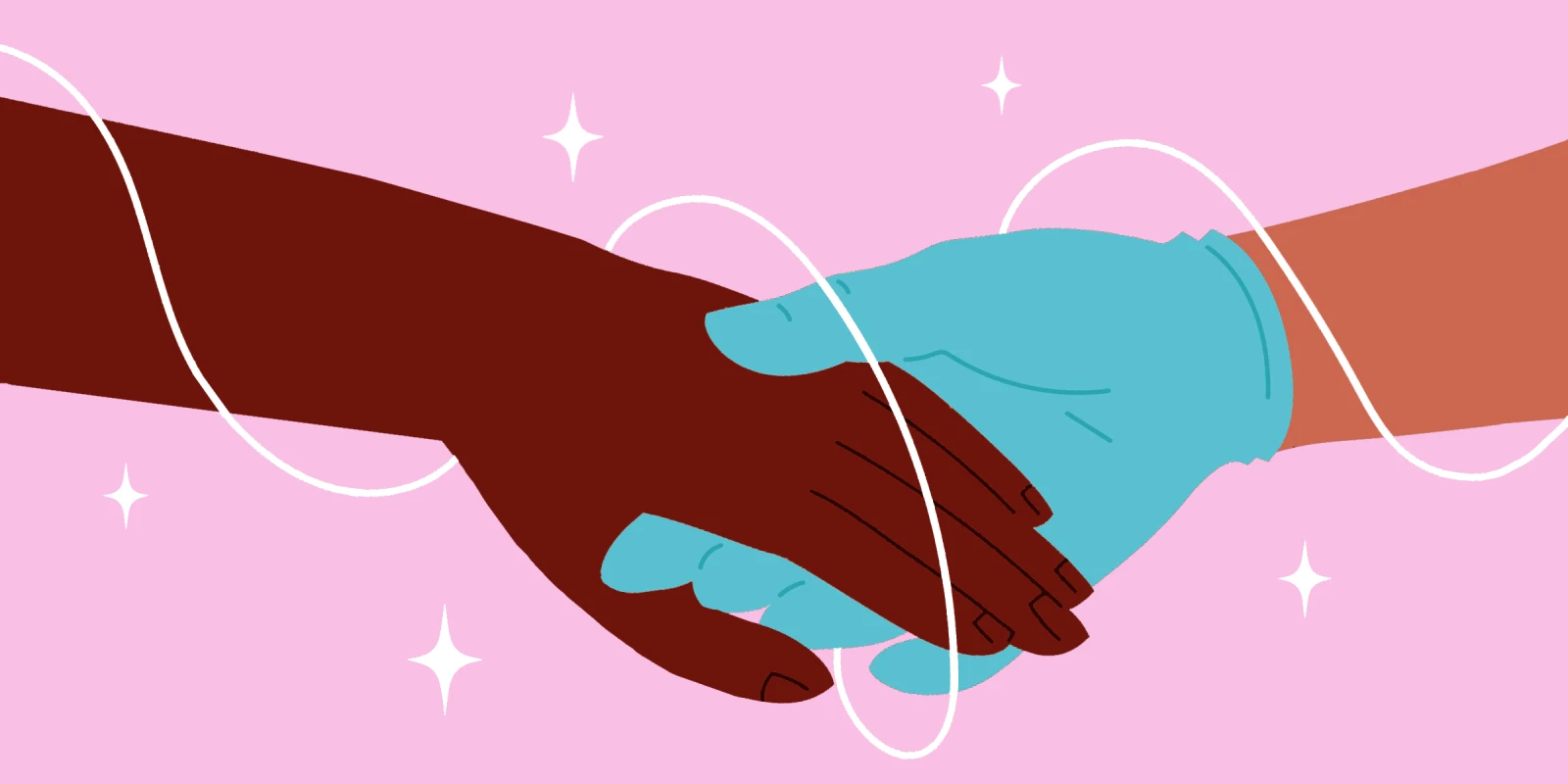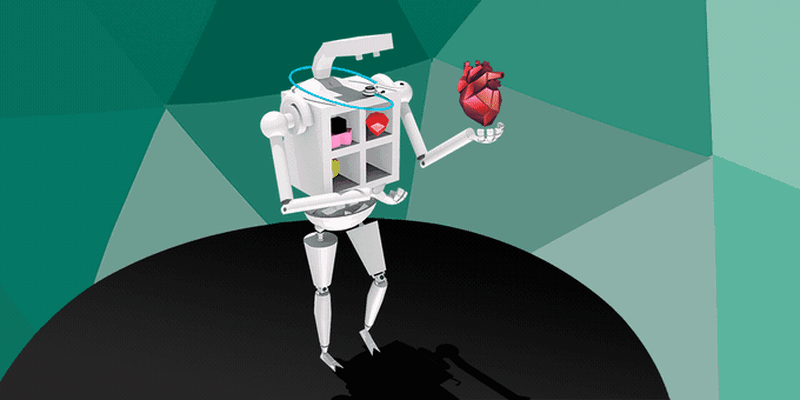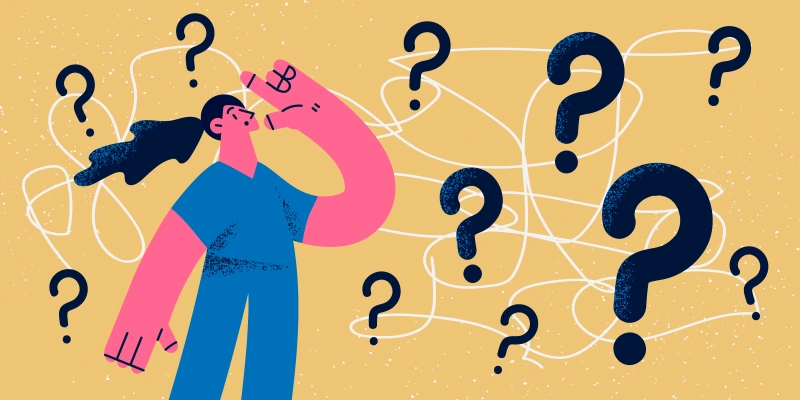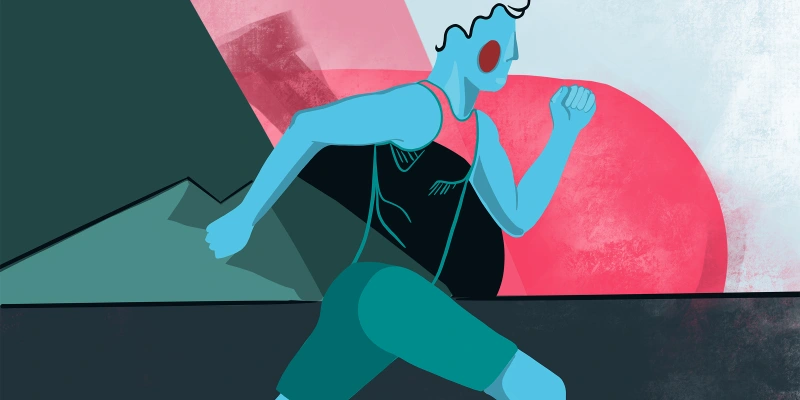As physicians, we don't always see people at their best. They eat too much. They drink too much. They take illegal drugs. They don't take the drugs they're supposed to take. They don't exercise. The list goes on. It's easy to become judgmental and jaded.
Working in occupational health at a large health care system, one of my responsibilities includes pre-employment evaluations for police officers. As a military veteran, I've always felt a kinship with law enforcement – we share similar training and work environments. Both professions require split-second decisions under pressure, both deal with people in crisis, and both carry the weight of protecting others.
During these evaluations, I assess everything from cardiovascular fitness to psychological readiness. It's serious work – these officers will face life-threatening situations, and I'm the gatekeeper determining if they're ready. That connection made what happened next even more impactful.
The officer who walked into my clinic that day was absolutely intimidating – he was 6'4" with massive shoulders, completely ripped – the kind of imposing presence you'd expect to see in an action movie, not sitting across from me after 25 years with the Philadelphia Police.
"I bet no one messed with you when you were out on the beat," I commented.
"Not usually," he replied. "But there was one time I was in big trouble. There were three guys against just me and I was down on the ground and didn't think I was going to make it out. Then suddenly a few other guys came over and pulled off the assailants."
He paused, his expression growing thoughtful.
"When I came to, I recognized them. 'Hey, don't you know I arrested you one time? Why did you help me?' The rescuers said, 'Yes, we remember you. You did arrest us. But you always treated us with respect.'"
And then it hit me – How do I treat people who are in trouble? What can I do better when an employee is brought in because they're under the influence, or having mental health problems? Even if they have committed a crime, how can I treat them with respect?
I realized I'd been unconsciously categorizing people. The "good" employees who followed rules versus the "problem" ones who ended up in my office. But this officer's story shattered that simple division. Those men who saved him weren't angels – they had criminal records, and had made serious mistakes. Yet when it mattered most, they chose compassion over revenge. They remembered not what he represented as a cop, but how he had treated them as human beings.
Now when a manager or HR brings me an employee who's intoxicated or having a mental health crisis, I think of that officer's story. I still have to do my job – document the incident, follow company policy, sometimes report a positive drug test or recommend termination. But I can do it while preserving their dignity. I make eye contact. I use their name. I speak in a calm, professional tone rather than letting frustration creep into my voice. I remember that this person's worst moment doesn't define their entire worth.
That day, a seasoned police officer reinforced a lesson I thought I already knew – respect isn't earned by good behavior, it's given because we're all human. The people who saved his life weren't model citizens, but they remembered how he treated them when they were at their lowest point.
As physicians, we have the power to be someone's worst memory of the health care system, or their best. We can be the doctor who made them feel ashamed of their addiction, or the one who treated them with dignity despite their struggles. In our most challenging patient encounters, we have a choice: judgment or compassion.
I choose compassion, one patient at a time. At least I'm trying.
What moments in medicine have taught you to approach patients interaction differently? Share in the comments.
Dr. Kenneth Lankin is Director of the Occupational Health Network at Jefferson Health and an adjunct lecturer at the Jefferson College of Population Health in Philadelphia, focused on optimizing workforce health and organizational performance.
Image by fedrelena / Getty Images







